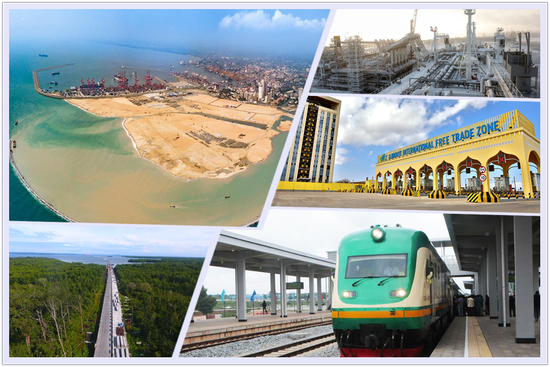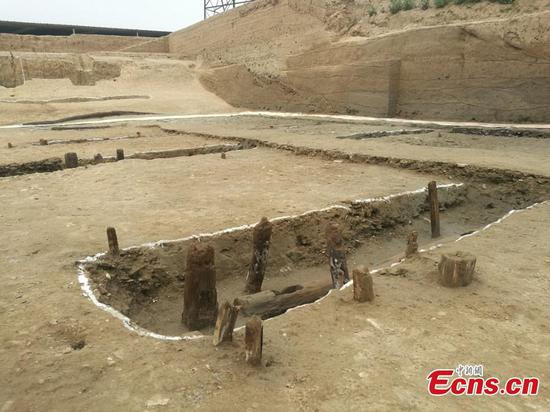
An aerial photo taken on March 22 shows the site of a factory explosion at a chemical industrial park in Yancheng, Jiangsu province. (Wang Jing/chinadaily.com.cn)
The Yancheng municipal government decided to permanently shut down the chemical industrial park in Xiangshui county, Jiangsu province, where an explosion claimed 78 lives on March 21. China Daily reporter Li Yang comments:
The Jiangsu provincial government has also vowed to cut its 50 provincial-level chemical industrial parks to about 20, and markedly downsize the scale of chemical industries along the Yangtze Rivers and its tributaries.
These decisions, which must have been hard to make as they will undoubtedly affect local economic growth when carried out, show the resolve of Jiangsu to improve the work safety conditions of one of its backbone industries. The province seems intent on taking the accident as an opportunity to upgrade its chemical industries. If so, the Xiangshui blast will be a watershed moment for the province.
Other places should also draw lessons from the Xiangshui blast. Although it is certain that many localities would not make that difficult decision, as they would still see the chemical industry as an essential booster for economic growth. Predictably, some places, particularly those in the central and western parts of China, for which the scale of economic growth rather than quality remains the priority, look forward to inheriting the chemical industrial capacity that will be forced to leave Jiangsu.
Experience shows that, no matter how much the central authorities urge them to put work safety and environment first, those will always be secondary considerations as long as local governments see the chemical industry as a key contributor to local growth-which is a major reference to evaluate the officials' performances and a main source of local revenue.
Rather than pollution and accidents being relocated to the less developed regions along with the chemical plants, it is advisable for the central authorities to tilt more resources and policy support toward the less-developed inland areas to ease their practical needs so they do not have to seek impetus from polluting and hazardous industries. This would also represent a kind of overdue compensation for these regions' long-term contributions of cheap labor, mineral and energy resources to the more developed coastal regions.
The process of development is dynamic balance between foresightedness and immediate interests, and this is a true test of local officials' capabilities.


















































